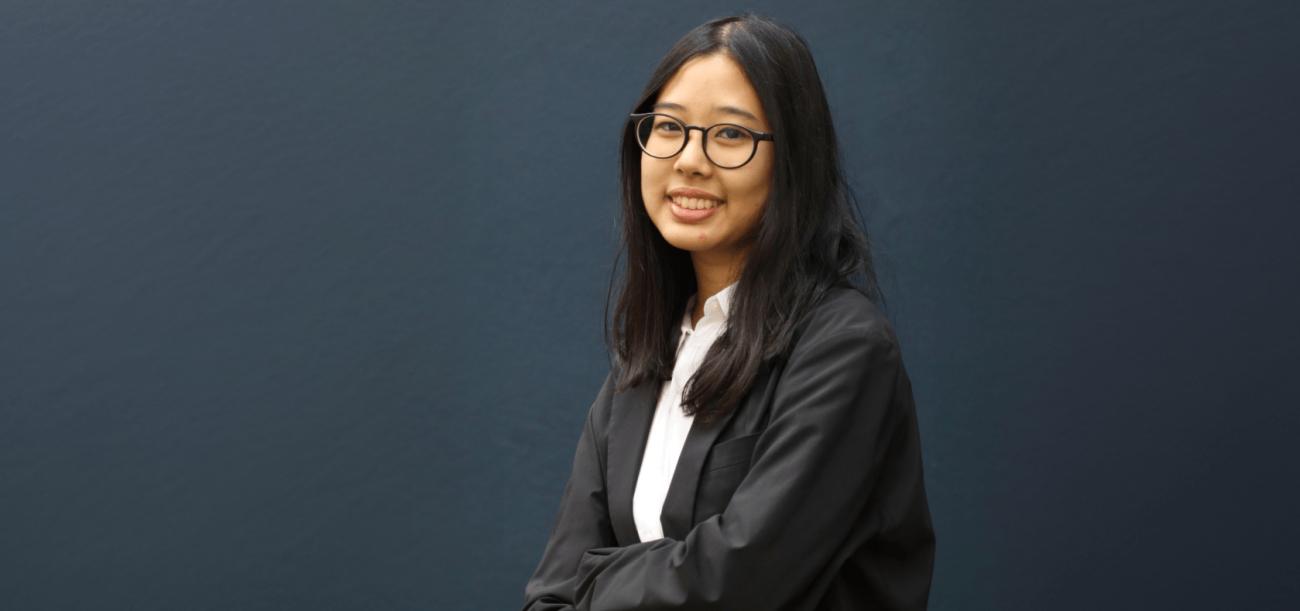Growing up, I always loved books. I would always try to read in between classes, flip through pages during meals, and try to finish books under the closet light at night. I began dreaming of writing a book of my own too. I finished a flimsy draft of my first “novel”– three notebooks about male, white and straight characters that drank ginger ale and wore jumpers. I didn’t know — and still don’t know — what ginger ale tastes like. Thailand was also too hot for jumpers.
This was when I realized that an unconscious narrative had been already crafted: white, male, straight and without disabilities. I wrote only what I knew. What I knew to exist in books, the media and literature.
One day, I came across a novel, Nothing Burns as Bright as You, by Ashley Woodfolk. The story interweaves the incredibly powerful and poignant story of two queer girls of color that whispered validation, visibility and understanding through shared experiences and identities. This was the first time I had felt so seen. I began exploring more books by diverse authors -- to feel validation from the experience of being a girl hiding sanitary pads in pockets, to feel visible from the shared struggle of English not being my first language, to feel represented through the intersectional identities of being queer, Asian and female. It all feels like magic — when it should be a given that we all deserve.
Women and the media is one of the 12 critical areas of concern outlined in the Beijing Declaration and Platform for Action. In a 2015 article on that, UN Women wrote: “The media plays a significant role in perpetuating and challenging social norms that condone discrimination or violence against women. It can objectify women but also showcase strong women leaders and protagonists who can become role models for their audience.”
Over the years, as writing grew to become one of my biggest channels for activism, I have learned that the key to advocacy is education and awareness. One of the most important frameworks for this is the consideration of intersectionality and inclusion. Always ask: “Who am I leaving behind?”
Representation and diversity the media and literature is a work in progress. There aren’t enough books portraying main characters from marginalized and underrepresented communities. There are voices and stories that have never been heard. Still, we must keep reading, writing and fighting for the representation, visibility and validation that we all deserve, in the media, literature and beyond.
Author: Premrudee Mepremwattana


